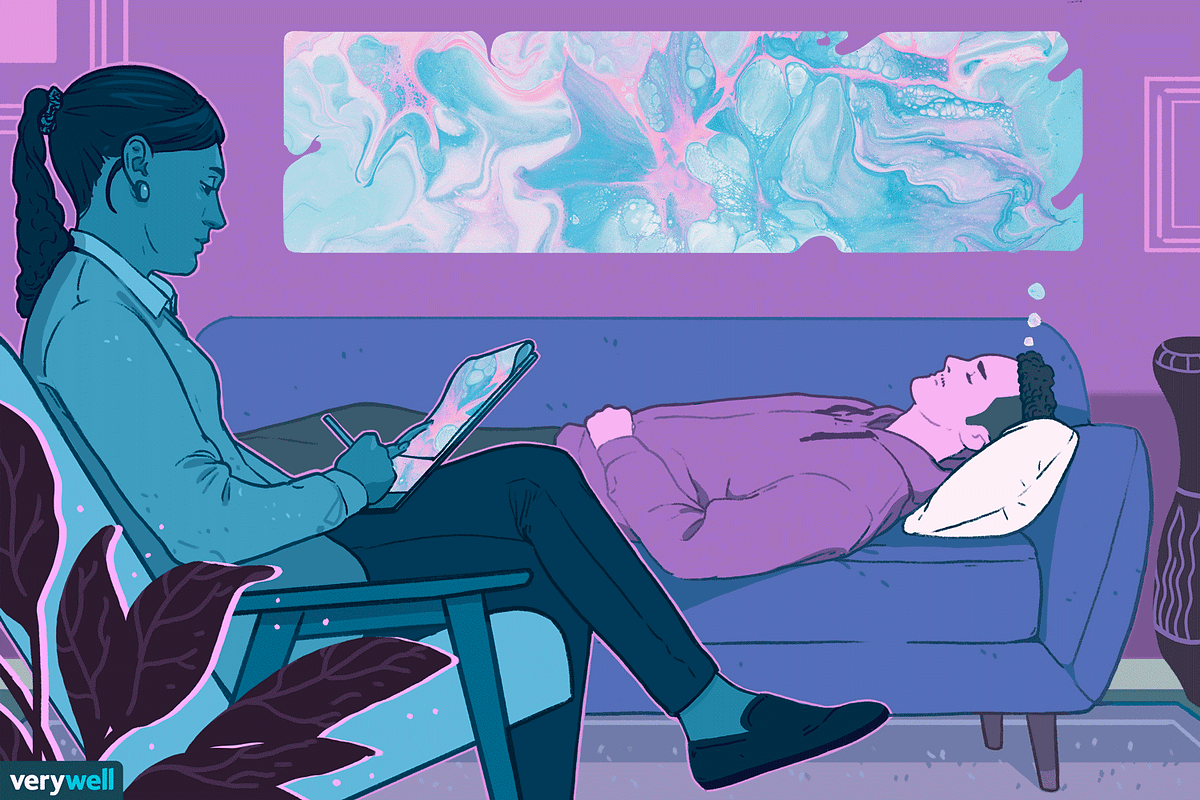In the bustling metropolis of New York City, where diversity thrives and individuality is celebrated, finding the right therapist to address specific needs can be both crucial and challenging. For individuals grappling with Obsessive-Compulsive Disorder (OCD) and those who identify as neurodivergent, the journey to finding suitable therapy can be particularly daunting. However, within the vibrant tapestry of New York’s therapy landscape, there are professionals specializing in best ocd therapist NYC and neurodiversity who can provide the understanding and support needed for effective treatment and personal growth.
OCD is a mental health disorder characterized by intrusive thoughts (obsessions) and repetitive behaviors (compulsions) that individuals feel compelled to perform in response to those thoughts. It can significantly impact daily life, causing distress and interfering with relationships, work, and overall well-being. Neurodiversity, on the other hand, is an umbrella term encompassing various neurological differences, including but not limited to autism spectrum disorder (ASD), attention deficit hyperactivity disorder (ADHD), dyslexia, and Tourette syndrome. Individuals who identify as neurodivergent may have unique challenges and strengths that require specialized support.
In the vast expanse of New York City, there are therapists and mental health professionals equipped with the expertise and empathy to help individuals navigate the complexities of OCD and neurodiversity. Here are some key considerations and resources for those seeking the best therapy in NYC:
-
Specialization and Expertise: When searching for a therapist to address OCD or neurodiversity, it’s essential to seek out professionals with specialized training and experience in these areas. Look for therapists who have worked extensively with individuals with OCD or neurodivergent traits and who stay updated on the latest research and treatment approaches.
-
Evidence-Based Practices: Effective therapy for OCD often involves cognitive-behavioral techniques such as Exposure and Response Prevention (ERP), which help individuals confront their fears and reduce compulsive behaviors. Similarly, therapy for neurodiversity may incorporate strategies tailored to the individual’s specific needs and strengths. Seek therapists who utilize evidence-based practices backed by research and clinical experience.
-
Cultural Competence and Sensitivity: New York City is renowned for its cultural diversity, and therapy should be culturally competent and sensitive to the unique backgrounds and identities of each individual. Look for therapists who embrace diversity and create a safe, inclusive space where clients feel understood and respected.
-
Collaborative Approach: Effective therapy is a collaborative process where the therapist and client work together to identify goals and develop strategies for growth and healing. Seek therapists who prioritize collaboration, empowerment, and client-centered care.
-
Accessibility and Affordability: Access to therapy should not be hindered by financial constraints or logistical barriers. Many therapists in New York City offer sliding scale fees or accept insurance to make therapy more accessible. Additionally, consider online therapy options, which can provide flexibility and convenience, particularly for individuals with busy schedules or mobility issues.
In the vibrant landscape of New York City’s therapy scene, several organizations and resources cater to individuals seeking support for OCD and neurodiversity:
-
The OCD Center of Los Angeles: While not based in NYC, this center offers online therapy services for individuals worldwide, specializing in the treatment of OCD using evidence-based techniques such as ERP.
-
The National Alliance on Mental Illness (NAMI) NYC: NAMI NYC provides support, education, and advocacy for individuals and families affected by mental illness, including OCD and neurodiversity. They offer support groups, educational workshops, and resources for navigating the mental health system.
-
The Institute for the Development of Emotional and Life Skills (IDEALS): IDEALS is a nonprofit organization based in NYC that offers affordable mental health services, including therapy for OCD and neurodiversity. They prioritize accessibility and inclusivity, serving individuals from diverse backgrounds and communities.
-
The Child Mind Institute: For children and adolescents struggling with OCD or neurodiversity, the Child Mind Institute offers comprehensive diagnostic evaluations and evidence-based treatment programs. Their team of experts specializes in working with young people and their families to address a wide range of mental health challenges.
-
Online Therapy Platforms: Platforms such as BetterHelp, Talkspace, and Amwell offer convenient and accessible online therapy services, connecting individuals with licensed therapists who specialize in OCD, neurodiversity, and other mental health concerns.
Conclusion
In conclusion, finding the best therapy for OCD and neurodivergent therapy New york requires careful consideration of factors such as specialization, evidence-based practices, cultural competence, accessibility, and affordability. By seeking out therapists and resources that align with one’s unique needs and values, individuals can embark on a journey of healing, growth, and empowerment in the vibrant and diverse landscape of the Big Apple.
FAQ
-
What is Obsessive-Compulsive Disorder (OCD)? Obsessive-Compulsive Disorder (OCD) is a mental health condition characterized by intrusive thoughts (obsessions) and repetitive behaviors (compulsions). These obsessions and compulsions can significantly impact daily life and cause distress.
-
What is Neurodiversity? Neurodiversity is a concept that recognizes and celebrates the natural variation in human neurological traits. It encompasses various conditions such as autism spectrum disorder (ASD), attention deficit hyperactivity disorder (ADHD), dyslexia, and others.
-
How can therapy help with OCD and neurodiversity? Therapy can provide individuals with OCD and neurodivergent traits with tools and strategies to manage symptoms, cope with challenges, and improve overall well-being. Therapists use evidence-based techniques tailored to each individual’s needs.
-
What types of therapy are effective for OCD? Cognitive-behavioral therapy (CBT), particularly Exposure and Response Prevention (ERP), is considered highly effective for treating OCD. ERP involves gradually exposing individuals to feared situations or thoughts and helping them learn healthier ways to respond.
-
Are there therapists in NYC who specialize in OCD and neurodiversity? Yes, there are therapists in New York City who specialize in treating OCD and working with neurodiverse populations. It’s essential to seek out professionals with expertise in these areas and who provide culturally competent and sensitive care.

